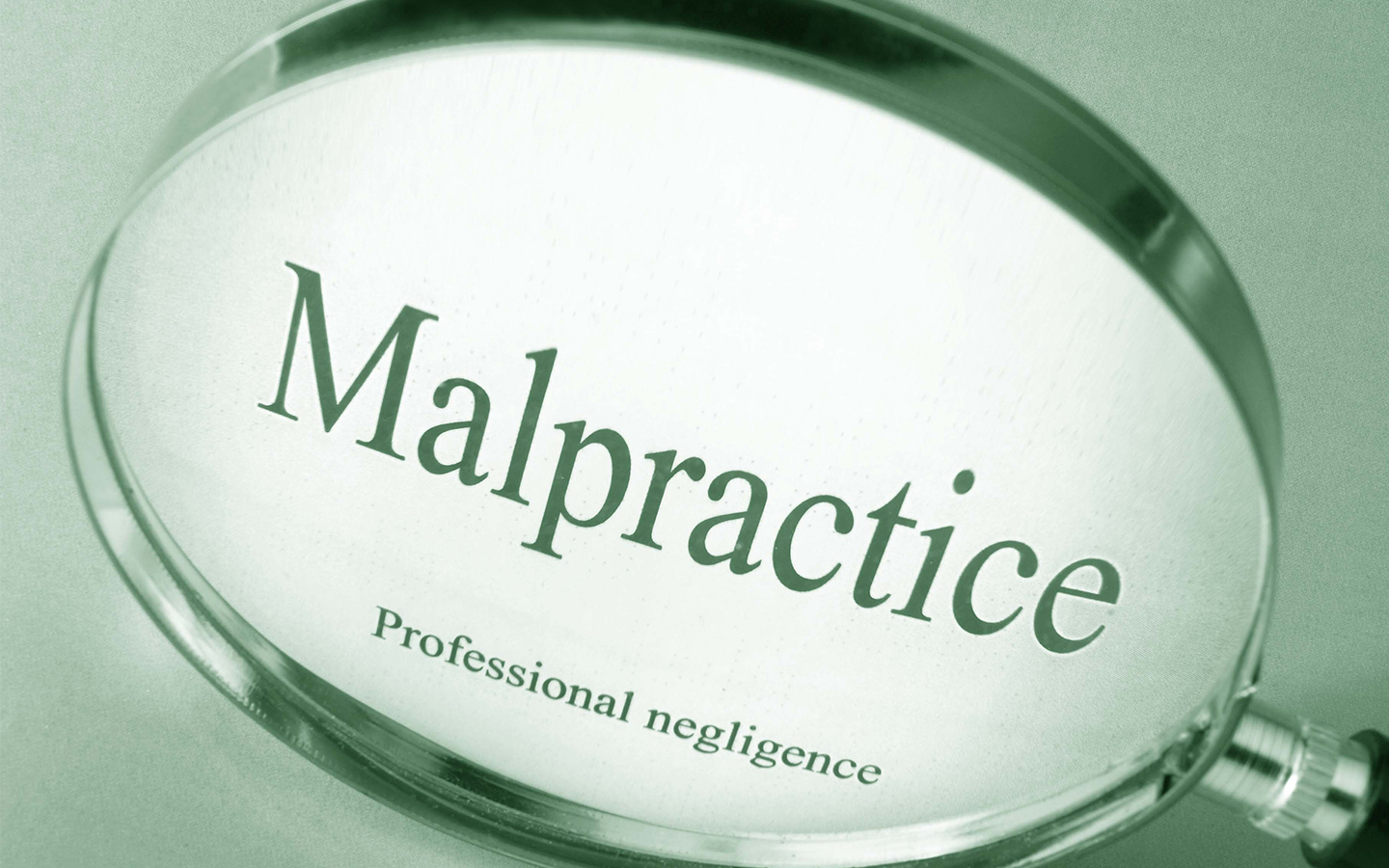Attorneys James R. Schadel and Kenneth N. Schott, III successfully defended a legal malpractice action filed by the ex-owner of a business against the attorney (“Defendant”) who assisted the ex-owner (“Plaintiff”) with the sale of his business. Burns White attorneys drafted a Motion for Summary Judgment, which was argued before an en banc panel of the Court of Common Pleas. The Court agreed with Burns White that there was no causal connection between the Defendant-Attorney’s purported conduct and the Plaintiff’s alleged pecuniary loss resulting from the sale of his business. Accordingly, the Court granted summary judgment in the Defendant-Attorney’s favor.
Plaintiff was a sole proprietor owning 100% of his company’s stock. Plaintiff agreed to sell the company to a prospective buyer. The buyer would own 100% of the company’s stock in exchange for making monthly payments of principal and interest to Plaintiff over a period of years.
Plaintiff thereafter asked the Defendant-Attorney to reduce this agreement to writing and draft a promissory note to finance the transaction. However, the bank, which financed the company’s line of credit, already held a first lien position relative to the debt and assets of the company. The bank would not consent to the sale of the company, unless Plaintiff agreed to subordinate his rights as a creditor to receive payments under the promissory note to the bank’s right to receive payments on the line of credit. Regrettably, the company defaulted on the line of credit within a year’s time post sale of the company, so the bank enforced its first lien position and prevented payments under the promissory note to Plaintiff.
The financial distress experienced by the company compelled it to seek a new and larger line of credit from a second financial institution. However, the new lender would not agree to provide a larger line of credit to the company unless Plaintiff signed an intercreditor and subordination agreement. The effect of the intercreditor agreement was to, once again, subordinate Plaintiff’s creditor rights to collect payments under the promissory note to the new lender’s right to receive payments under the new line of credit. As it was with the original line of credit, the company failed to comply with the terms and conditions of the new line of credit. Consequently, the new lender enforced its superior lien position and prevented any further payments on the promissory note.
Plaintiff sued the Defendant-Attorney asserting one count of professional negligence. Plaintiff’s legal theory was that Defendant-Attorney allegedly failed to provide Plaintiff with adequate security for the sale of his company, and that such failure purportedly cost Plaintiff more than a million dollars in lost payments under the promissory note. Burns White Attorneys argued that the first lien position of the financial institutions were both voluntarily given by Plaintiff such that there was no causal connection between Plaintiff’s alleged pecuniary loss and Defendant-Attorney’s purported conduct. The Court agreed with Burns White. There was no provision that the Defendant-Attorney could have drafted in the agreement that could have put Plaintiff in a better lien position vis a vis these financial institutions.
A legal malpractice plaintiff in Pennsylvania must prove – by a preponderance of the evidence – that the underlying transaction would have been successful “but for” the attorney’s alleged conduct. Plaintiff could not meet this evidentiary burden. There were no disputed issues of material fact and no further evidence, which could have been adduced through additional discovery, that would have compelled the Court to deny the Defendant-Attorney’s motion for summary judgment. Plaintiff’s pecuniary loss was caused solely by: (1) Plaintiff’s decision to voluntarily subordinate his lien position, and (2) the company’s poor financial performance post sale. Defendant-Attorney’s alleged conduct was not a causal factor.

